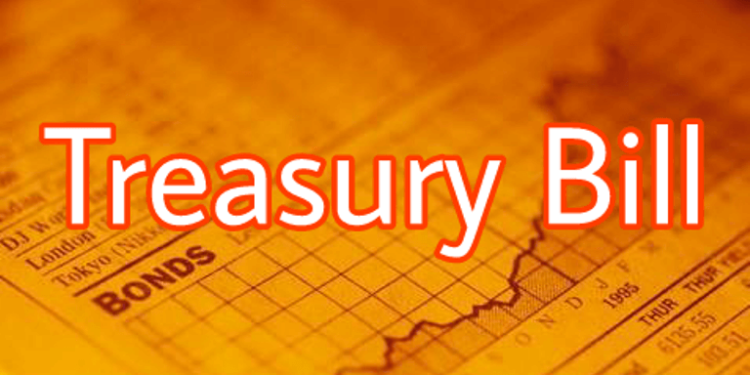Gov’t exceeds auction target, raises GHS 1,790m in short-term funding
The government of Ghana has successfully issued short-term debt instruments, with its 91-day, 182-day, and 364-day Treasury bills oversubscribed by GHS 124m. The auction, which took place on Friday, April 14, 2023, saw the Finance Ministry mobilize a total of GHS 1,790 million in bids tendered by primary dealers, surpassing its target of GHS 1,666m.
Investors were keen to snap up the high-yielding securities, which were auctioned at interest rates of 19.7%, 22.4%, and 26.9% for the 91-day, 182-day, and 364-day bills, respectively. However, with Ghana’s inflation rate currently at 45% as of the end of March 2023, returns on these treasury bills are negative.
The government accepted all bids tendered for each of the three securities, amounting to GHS 1,476m for the 91-day bill, GHS 227m for the 182-day bill, and GHS 87m for the 364-day bill. This successful issuance highlights investor confidence in the Ghanaian economy, with demand for the securities outstripping supply.
However, the government’s plan to issue additional 91-day and 182-day T-bills on April 21, 2023, seeking to raise GHS 1,958m in fresh funding, may exacerbate Ghana’s debt burden. The country’s public debt is currently over 100% of GDP, a concerning level for analysts and investors.
While the issuance of these short-term debt instruments provides the government with the necessary liquidity to meet its short-term financing needs, it also underscores the challenges that the government faces in managing its fiscal and monetary policy. With inflation at elevated levels, investors will be closely watching the government’s policy actions to ensure macroeconomic stability and mitigate the risks of a debt crisis.
Furthermore, the high interest rates on these securities may crowd out private sector borrowing and investment, hindering economic growth and development. As such, the government will need to strike a delicate balance between raising the necessary funds to meet its financing needs and promoting sustainable economic growth and development.
Ghana’s successful issuance of short-term debt instruments is a positive development for the country’s economy, demonstrating investor confidence in its fiscal and monetary policies. However, with the country’s high inflation rate and mounting debt burden, the government must remain vigilant in managing its macroeconomic policies to promote stability and sustainable growth.








